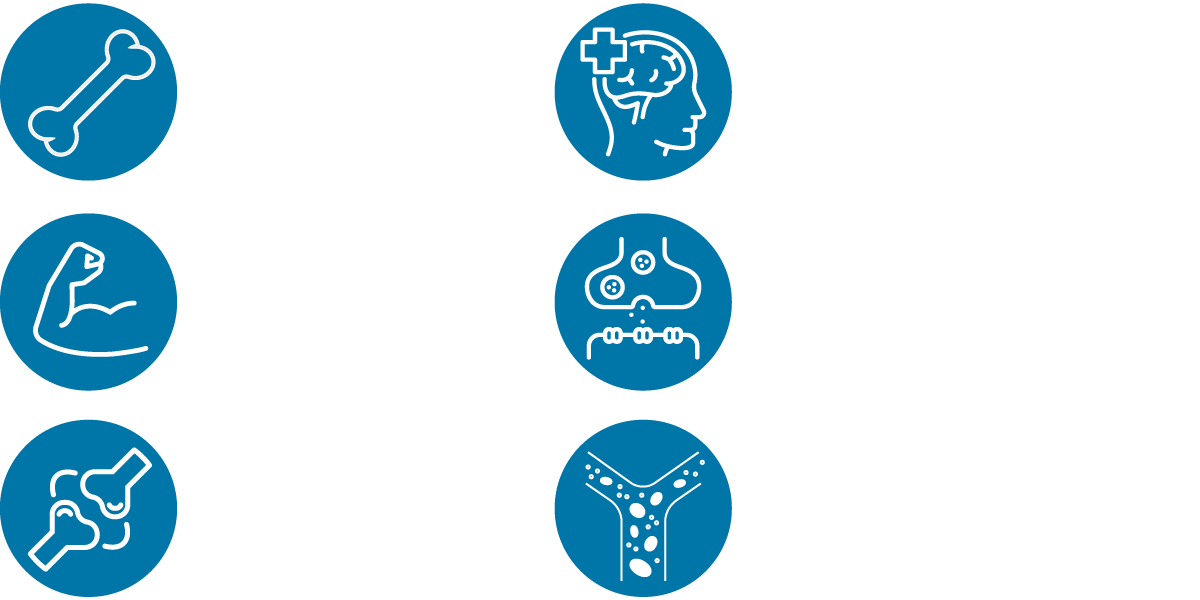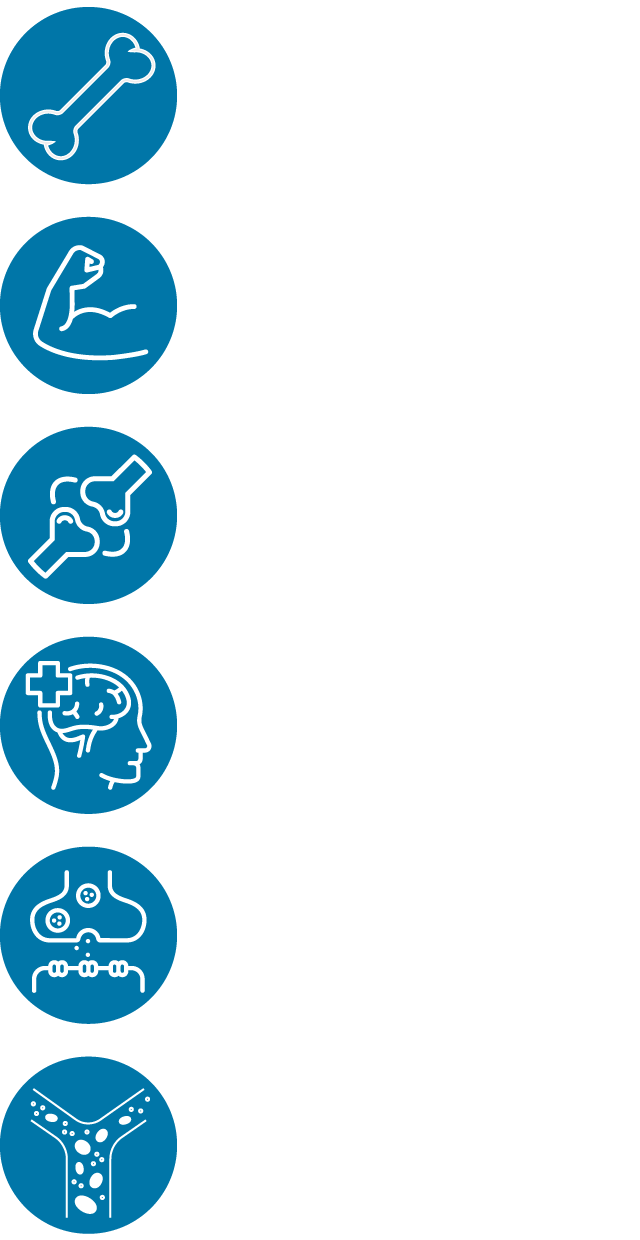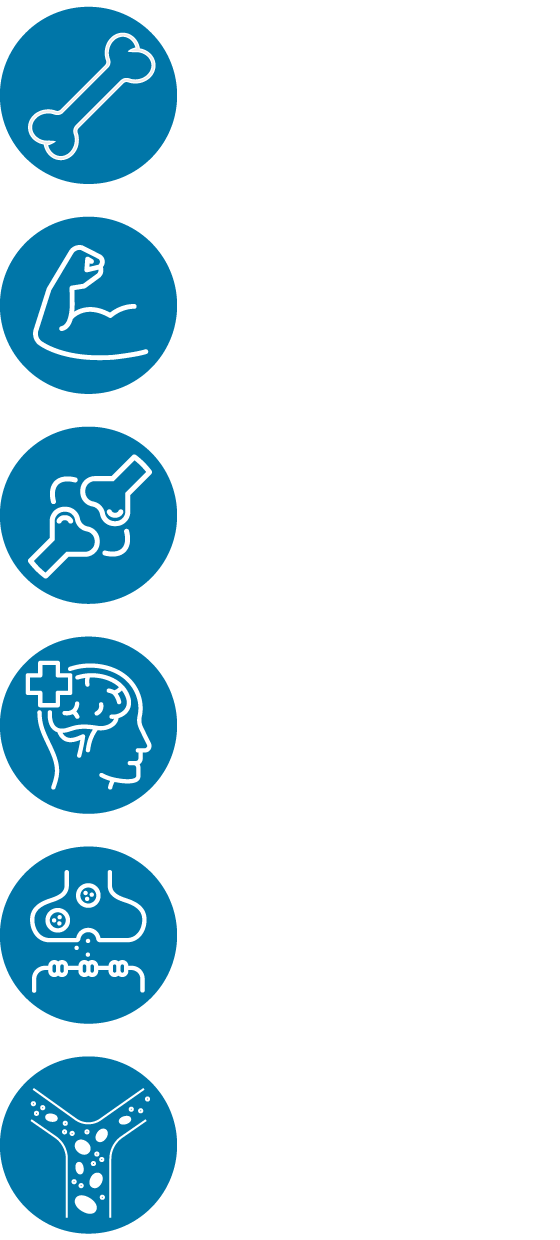Knowing milk to grow better
Drinking milk every day provides children with essential nutrients to grow with health, strength, and energy. It's part of a balanced lifestyle, so it's recommended to consume between two and three servings of dairy products (milk, yogurt, or cheese) daily.

Have you ever wondered why they always say "milk is good for growing"? It's no myth: milk is a key food for growing healthy, strong, and full of energy. It's also part of a healthy diet that helps us live better. Its richness in calcium, proteins, and vitamins makes it an ideal drink for strengthening bones and teeth, caring for muscles, and helping the body better defend itself.
Every day, a glass of milk or a dairy product (yogurt, cheese, kefir, etc.) provides many nutrients that help our bodies develop well and stay healthy. This 2024-2025 school year, as part of the Fruit and Milk in Schools program promoted by the European Union and the Generalitat de Catalunya (Catalan government), more than 147,000 students between the ages of 3 and 12 have regularly received rations of milk and dairy products in schools to foster good eating habits from a young age, by trying and discovering local products.
Why is milk so important?
Because it's a complete food, containing essential nutrients for the physical and cognitive development of children. Among its most important components is calcium, which is key for the formation and maintenance of bones and teeth. It also contains high-quality proteins, which help muscles and tissues repair and grow. In addition, milk contains vitamins D and B12, which help our immune system defend itself and our brain function properly.
We can't forget other minerals like phosphorus and potassium, which are very important for proper muscle function and our body's electrolyte balance. All of this makes milk an ideal ally for childhood, a stage in which the body needs plenty of energy and good nutrients to grow well.
Quality and proximity, differential value
The milk that reaches Catalan schools comes from farms in the region, where every detail of the production process is carefully curated to ensure its freshness and quality. Choosing local products makes us more aware of what we eat, and we also support local producers and contribute to keeping the local culture and economy alive. It also reduces the environmental impact because it hasn't traveled long distances.
With Catalonia designated as a World Region of Gastronomy 2025, awareness is raised about the importance of consuming quality, local foods, promoting responsible consumption that respects the region. Catalan milk, with its traceability and rigorous quality controls, is an example of a local product that fosters cultural food knowledge among children.
Food education for a healthy future
Another important aspect the campaign aims to convey is the variety and characteristics of the different types of milk: whole, semi-skimmed, and skimmed. Each type provides nutrients in different proportions, and the choice can be adapted to children's individual needs. For example, whole milk is richer in healthy fats, which are important for energy and the absorption of certain vitamins, while semi-skimmed and skimmed milk have less fat and fewer calories, making them good options for children with specific dietary needs.
Aside from the various milk varieties, there is a wide variety of dairy products available, such as yogurts, different types of cheeses, kefir, and so on, which provide a wide range of benefits for our health and that of our children. To facilitate their introduction into our daily diets, they can be consumed with fruit, natural honey, cereals, or in various healthy and delicious recipes such as creams, homemade desserts, smoothies, or sauces.
The campaign isn't limited to distributing milk in schools: it also promotes workshops and educational activities to introduce children to the world of livestock and dairy production. This year, more than 600 workshops and 400 visits to farms and ranches were organized, fostering curiosity and respect for healthy and sustainable eating. All of this contributes to instilling an active lifestyle based on a balanced diet and regular exercise.



